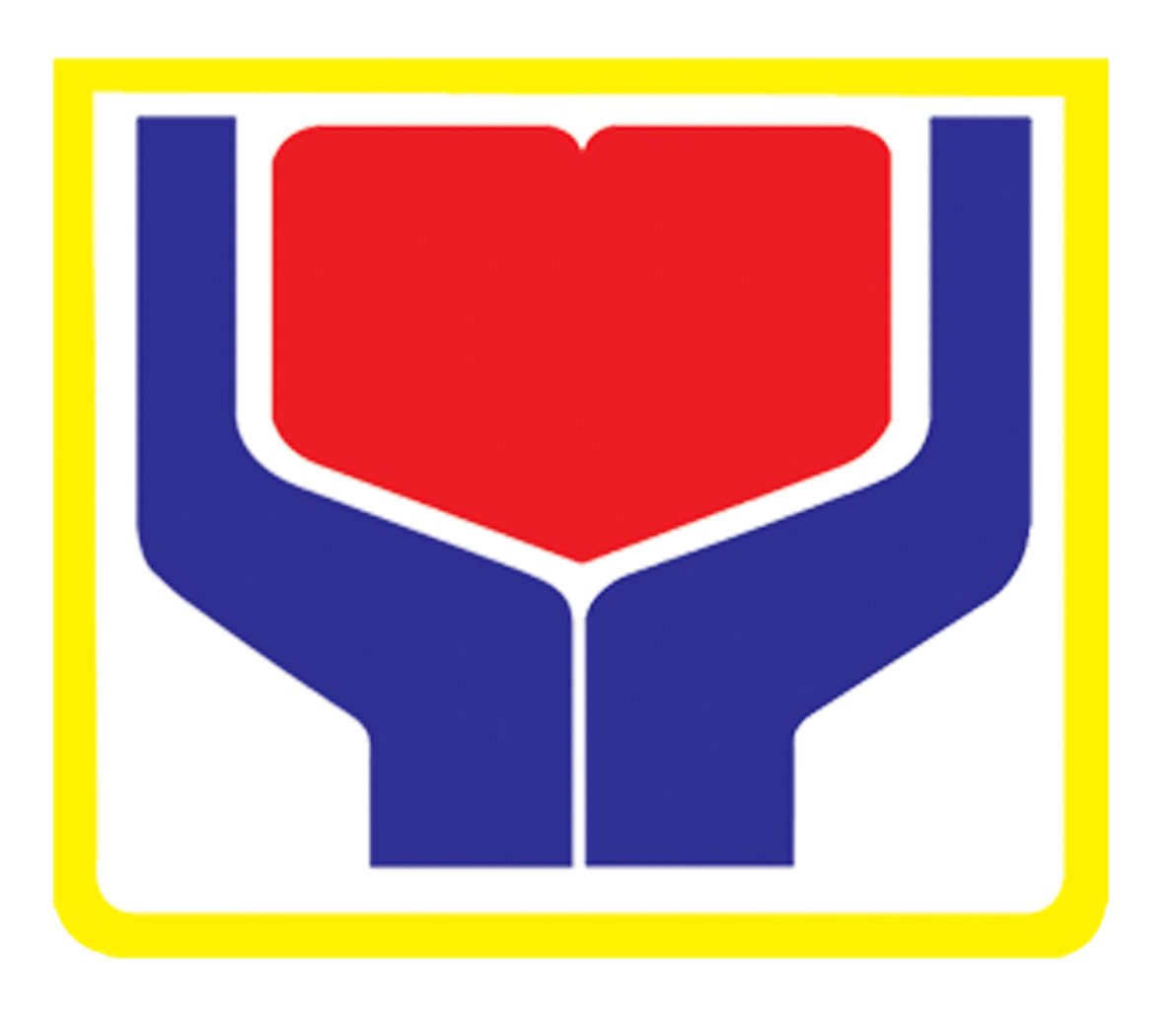“Noon, permanente na sa amin na dyan na lang kami sa kabundukan. Takot sa kabayanan, takot sa mga tao,” shared 46-year-old Josephine Leonista, an Aeta residing in Brgy. Bacong, Alabat, Quezon Province.
For indigenous people like her, their tribe is their only community, and life will always be the same from one generation to the next.
Learning to dream again
Ate Josephine’s family is one of the Aeta households in the barangay. Most of them engage in farming as a source of income but other women like Ate Josephine also earn income by weaving baskets made of rattan.
Life in their community is dealt with in a day to day basis. Being accustomed to this, they no longer dream for change and rather teach their children to adapt to the life they are providing them.
Emelinda Jugueta, 44, another Aeta in the community, shared that she is looking forward for a change in her family. She believes educating her children is the first step. However, their small income cannot support the schooling of her children; hence, the two elder ones had only finished Grade 6 and now both have families of their own. But she is still hopeful for her youngest, 7-year-old Mary Shairel.
Being a beneficiary of the Pantawid Pamilyang Pilipino Program in 2011 gave her new hope. With the Php800 she receives every month for the child’s education and health, Ate Emelinda is confident she can support her to reach her dreams of being a teacher.
On the other hand, Ate Josephine has not given education a priority as she herself was unable to attend school. Only one of her eight children is in school now, 10-year-old Maribel who is still in Grade 1.
Being registered as a beneficiary of Pantawid Pamilya last December 2013, she, together with her other younger children, began viewing education differently.
“Excited na ang mga anak kong pumasok sa susunod na taon. Nagkaroon na kami ng pangarap,” Ate Josephine, who promises to support her children, shared.
Never too late to learn, change
The Pantawid Pamilya program not only gave them financial support but also led them to various learning, which are helpful in improving their lives.
In the monthly Family Development Sessions (FDS) they attend to as part of the conditions of the program, they have learned to manage their families better and give more attention to their children.
“Kaming mag-asawa dati ay madalas mag-inom, pero binago namin dahil tinuro sa amin na hindi iyon maganda. Naisip din namin na kung ganun na lang kami palagi, paano na ang aming mag-anak. Simula nang itigil namin, malaki ang ipinagbago ng mga anak namin kasi naalagaan na namin sila,” shared Ate Josephine.
Ate Emelinda’s husband has the same vice but has started to change, too. She shared that her husband realized that it is better to save their money for their children’s education rather than spending it on alcohol.
Although their views on family life, education and their children’s future have changed and have begun to taste an improved living condition under the Pantawid program, Ate Emelinda and Ate Josephine also tasted the worth of being involved in the improvement of their community.
The two women were active volunteers in the construction of the Level I water system in their barangay under the Kalahi-CIDSS program last 2013.
“Lasang kalawang na ang iniinom naming tubig noon. Pero tuloy pa rin kami dahil wala naman kaming ibang mapagkukunan. Nagkasakit ako noon, sabi ng doctor dahil daw sa tubig. Kaya noong nagkaroon ng pagkakataong magkaroon ng maayos at malinis na tubig dito, naki-isa ako dahil ang pamilya ko, lalo na ang mga bata ang makikinabang dito,” shared Ate Emelinda, who used to get their drinking water from the river.
At the start of the project implementation, both women were hesitant to be involved as they do not know what they can do. However, the people have treated them with patience guiding them in every task. Ate Josephine was even taught how to read and write.
“Nakatikim na rin kami ng malinis na tubig, sa wakas. Pinagtulungan naming lahat na magawa ito,” happily shared Ate Emelinda.
The acceptance and value the community gives them today, which started when they became involved, inspire them to welcome change and do better.
“Nagpapasalamat ako sa pagtitiwala at sa mga pagkakataong binigay para mapabuti ang aming pamilya’t komunidad,” Ate Josephine said gratefully.***
